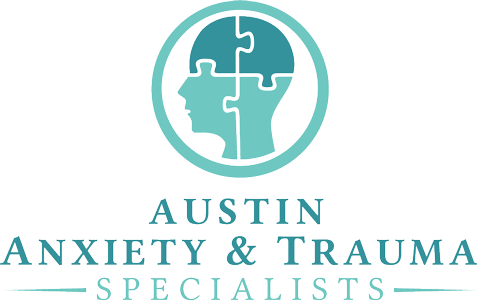In an era where technology seems to deliver solutions at the speed of light, it’s no surprise that many are turning to Generative Artificial Intelligence (GenAI) platforms like ChatGPT for help with mental health challenges. The appeal is clear: GenAI can provide immediate, customized responses to pressing concerns at any time of day or night, without the need for appointments or waiting periods. This convenience is particularly tempting for those financially stressed (and who isn’t in this economy?) or whose mental conditions severely limit their motivation or ability to seek professional help.
However, ethical dilemmas arise when considering GenAI as a therapeutic tool. The impersonal nature of a machine delivering mental health advice raises questions about the reduction of deeply personal experiences to data points that can be analyzed and responded to by algorithms. While GenAI offers certain advantages, its capabilities and limits must be clearly understood to ensure it serves as a help rather than a hindrance.
Read: The State Of Mental Health In Texas: Anxiety & Depression Statistics
What “AI therapy” looks like today
While many turn to generalized GenAI platforms like ChatGPT for virtual help, platforms designed to assist with mental health are popping up. Forbes reviewed four AI mental health platforms, including Earkick, Mindpa, Wysa, and Youper. These platforms typically take the form of chatbots and virtual assistants that use algorithms to respond to user inputs. Users might type out their feelings of anxiety or questions about coping strategies and receive immediate automated advice based on their queries.
Here are some potential benefits that AI brings to mental health:
- Accessibility. AI can make initial mental health support more accessible to those who might otherwise face barriers, such as geographical isolation or financial constraints.
- Anonymity. For individuals uncomfortable with face-to-face therapy, AI offers a degree of anonymity that might encourage them to open up.
- Immediacy. AI programs deliver quick, round-the-clock responses, which can be particularly helpful in moments of extreme stress, panic, or anxiety attacks.
These systems are certainly sophisticated, but are fundamentally different from human interaction. They are programmed to recognize keywords and patterns in text to generate responses that can seem insightful but lack the depth and empathy of human connection.
Read: From Isolated To Connected: How Group Therapy Works And Its Benefits
The risks of GenAI in therapy
While AI therapy’s benefits are enough for most folks to turn to it for help, it’s not without risks to your mental health. Here are a few to consider:
- Data breaches and unauthorized access to AI systems threaten your privacy and safety.
- AI’s lack of emotional perception can lead to misunderstandings and reductive advice.
- Reliance on technology for emotional support and decision-making raises ethical concerns.
- AI may spread falsities or give inadequate advice in nuanced scenarios needing human judgment.
- AI responses often fail to consider diverse cultural, social, or personal backgrounds.
Read: When To Seek A Diagnosis For Mental Health Conditions: A Checklist
How to use AI in your therapy journey
Despite the risks, AI can have a place in supporting your mental health, provided it is used wisely. Here are some guidelines to consider if you’re thinking about using AI when you’re feeling down:
- Seek professional advice. Before turning to an AI tool for mental health support, consult with your therapist. They can guide you on how to best use AI for your specific needs and how it can fit into your treatment plan.
- Supplement, not substitute. Always view AI as a supplement to traditional therapy rather than a replacement. It can be useful for managing scheduling, providing reminders, or helping with minor stress and anxiety through guided activities. However, it cannot replace the deep, empathetic connection and personalized care that a human therapist provides.
- Stay informed. As AI technology evolves, so too does our understanding of its implications. Keep yourself informed about the latest developments in security, privacy, and functions to make educated decisions about the tools you use.






